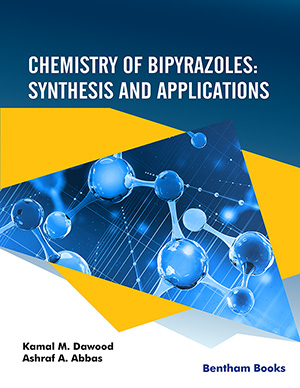
Abstract
Volatile organic compounds (VOCs) composition of Polish honeys obtained from various geographical regions was studied. Headspace solid phase microextraction (HS-SPME) using Divinylbenzene/Carboxen/Polydimethylsiloxane-coated fibers was used in combination with comprehensive two-dimensional gas chromatography–time–of–flight mass spectrometry (GC× GC–TOFMS) because of the complexity of the samples. Acacia, linden, rapeseed, buckwheat and honeydew honeys were studied in this project.A total of 329 compounds were identified during the investigations. Positive identification of 82 compounds was achieved using analytical standards, while tentative identification of 247 compounds was based on comparison of deconvoluted mass spectra and linear temperature programmed retention indices (LTPRI) with NIST 2005 library and literature values, respectively. Many VOCs identified in Polish honey samples were commonly present in honeys from other geographical regions of Europe (e.g. Italy, Corsica). They included certain acyclic and cyclic alkanes, acyclic and cyclic alkenes, aromatic hydrocarbons, oxygenated aromatic compounds, alcohols, aldehydes, ketones, esters, ethers, nitriles, organic sulphides, phenolic compounds and terpenes. GC× GC–TOFMS profiles for the same types of honey samples were remarkably similar. Eight botanic discriminants were selected among all compounds. Their identity was confirmed by comparison with authentic standards. Furthermore, possible geographical discriminants for Polish honeys were identified, including 19 for acacia, 3 for linden, 3 for rapeseed and buckwheat and 6 for honeydew honeys.
Keywords: Discriminants, honey, HS–SPME/GC× GC–TOFMS, origin traceability, volatile organic compounds.























